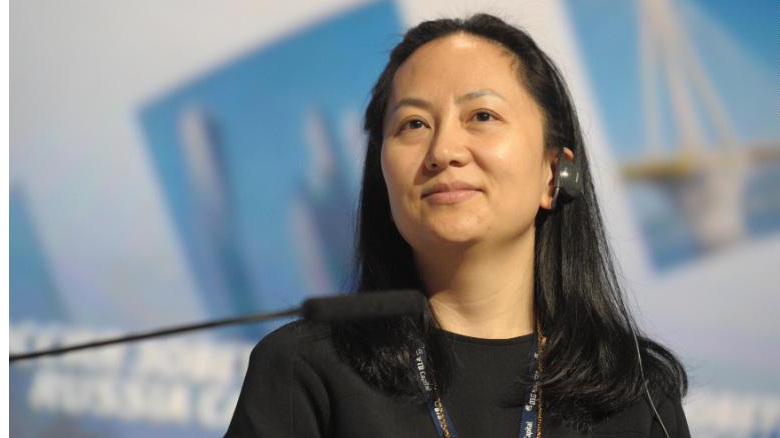Canada and the US in row with China over Huawei's CFO's arrest
- Dec 7, 2018
- 2 min read

Chinese-American relations fell to new lows as the Chief Financial Officer of Huawei, China’s technology and cellular giant, was arrested by Canadian authorities at the Vancouver airport. Canadian officials claimed that they were acting out an American extradition warrant when they arrested Meng Wanzhou on December 1st.
Ms. Meng assumed the position of Huawei’s Chief Financial Officer (CFO) in 2018 and has worked at the company since 1993. Her father, Ren Zhengfei, is the founder and chief executive officer (CEO) of Huawei. The company has become the second largest producer of smartphones, after overtaking Apple’s position in April 2018. Along with smartphones, Huawei is the largest provider of equipment for cellular towers, internet networks, and related telecommunications infrastructure.
American officials requested Meng’s extradition to the United States after years of widespread belief amongst intelligence officials that Huawei is used by the Chinese government as a means for spying on Western countries. In August, Australia banned Huawei from building 5G infrastructure networks, followed by the United States, while New Zealand blocked its mobile carriers from using Huawei devices or 5G infrastructure.
In April, the United States Justice Department opened an investigation into Huawei’s businesses dealings in Iran which, according to the United States Government, violate sanctions on Iran. This is not the first time American officials have clashed with Chinese technology companies over Iranian sanctions. In 2016, the US nearly caused ZTE (a smaller Chinese cellular company) to collapse over alleged business dealings with the Middle-eastern country. The United States has significant leverage over Chinese technology companies as they rely heavily on imported American-made supplies.
The arrest of CFO Meng is believed to have dire implications for Chinese-American relations. Chinese officials will face extreme pressure from the public to ensure her immediate return to the country. The public in China view her arrest as a national humiliation, and Chinese President Xi Jinping is expected to deal with the situation swiftly.
The leaders of the disputing countries had recently agreed to suspend further tariffs at the G20 meeting in Buenos Aires last week. However, it is likely that American officials had been planning this arrest well before then. Such a high-profile diplomatic and political move would not have been conducted without authorization from the highest levels of the national government.
Relations between the world’s two largest economies have worsened exponentially since President Trump began directly accusing China of unfair treatment under the rules of the World Trade Organization. Since then, spats between the two have developed over tariffs, island building in the South China Sea, dealing with North Korea, China’s barriers to entry, and sanctioning Iran. The arrest of Ms. Weng represents an extreme decline in an already troublesome relationship.




Comments